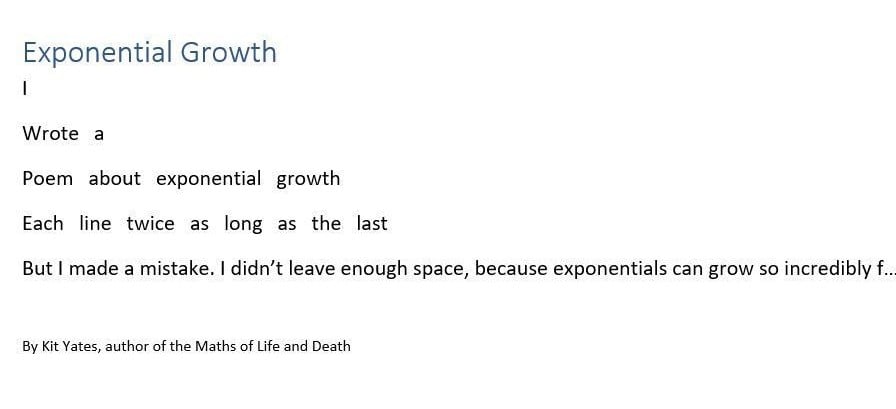That was interesting but it didnt talk about the export ban. It was more like an overview of the Taiwanese economy and how the chip industry relates to it.
poplargrove
“That is why I ordered the return of US military planes carrying Colombian migrants,” Petro wrote, sharing a video of Brazilian deportees who had been flown out of the US on Friday, shackled at the wrists and ankles.
He seems to imply the Colombian migrants were treated similarly, worth taking issue over IMO.
OP, the title youve given is misleading and different from the article. He does not say he will refuse these flights, only that he will refuse flights where peolple are treated inhumanely.
I cannot force migrants to remain in a country that does not want them. But if that country returns them, it must be with dignity and respect – for both them and our nation. In civilian planes, and without treating them like criminals, we will welcome our compatriots.
Being concious of and being able to critically look at what we are and how we act would be one answer. Sort of like what you did when you made this post :P
The cat outside isnt arguing about ethics, doesnt think about the consequences and decide not to act on some base desire, etc
We may be animals but we sure arent animals.
On bad days I tell him that too.
But I wont lie it gets tiring. The weird stares when I hold him up to my ear, the hydration kit and having to ritually droplet sea-water when I hear a raspy "Hey dude Im getting dry down here."
I guess I should've known before before taking my roommate's word for a guy he knew after I lost my Casio.
I'm pretty sure youre wrong to think people from the West on Lemmy support Israel. No one on here seems to 😅
The coffee people in the comments reminded me of this classic: https://www.youtube.com/watch?v=4ZK8Z8hulFg
literally this








Whats a mark?